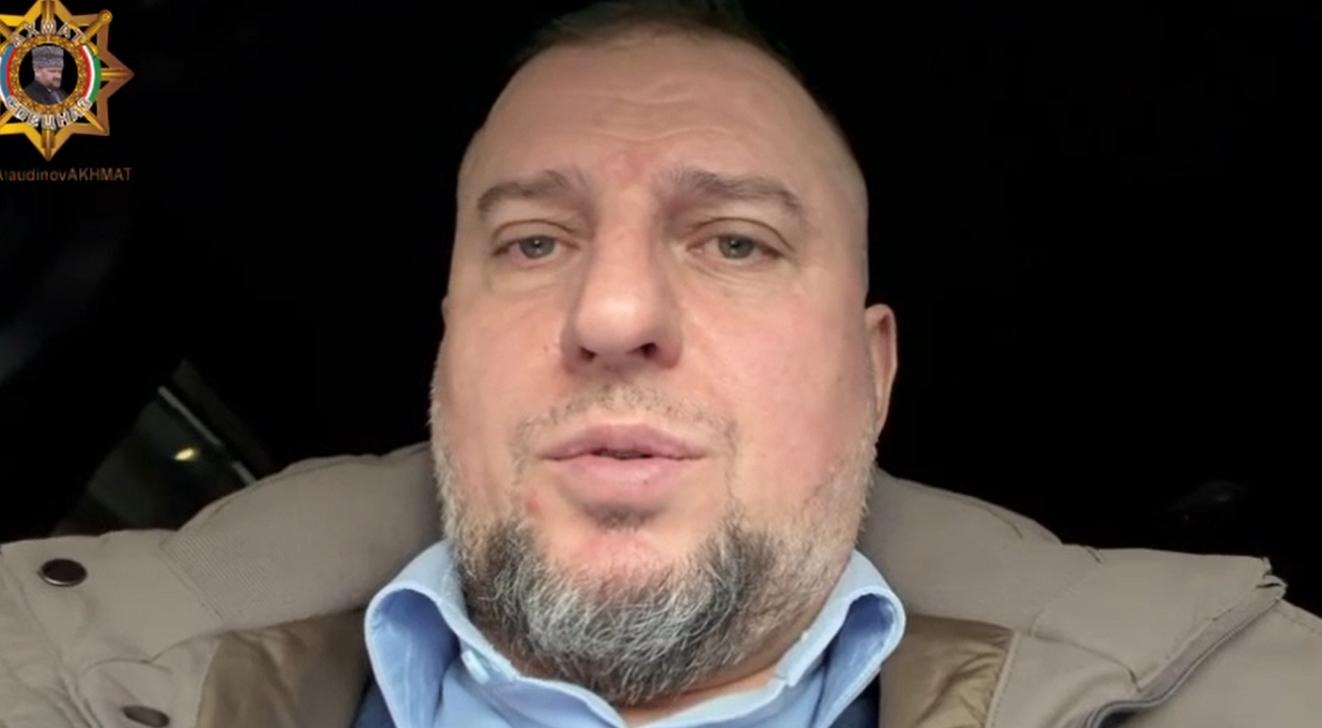According to the Council of Europe, Azerbaijan ranks first in Europe for the number of journalists arrested and convicted. At the end of 2025, the country had 36 such journalists—out of a total of 148 across the continent. Russia accounts for 32 repressed media workers, Armenia for two, and Georgia for one.
On July 15, the Memorial Human Rights Center published information on the practice of using preventive accounting in Dagestan in 2023. According to human rights activists, if previously the police registered mainly adherents of the Salafi branch of Islam who attend “unreliable” mosques as potential extremists, now relatives of convicted persons and women wearing a niqab are included in the classified lists of criminal records.
According to Memorial, profit failure is widespread in Dagestan. Since 2015, thousands of people, mostly Salafists, have been included in the lists. Those assigned to occupational safety are constantly stopped at traffic police posts, their vehicles are inspected, they are required to report their movements, they are invited to police departments, searches are conducted, fingerprints are taken, and DNA samples are taken. Such citizens also face problems in finding employment. At the same time, the Ministry of Internal Affairs of Dagestan either admits the existence of professional accounting or denies its existence.
Previously, “New Dosh” talked about two people on the list who tried through the court to get removed from the professional register. Because of this, Vazir Bazanaev was unable to go to Moscow to work, but the prosecutor’s office, in response to his complaints, stated that “there are no preventive records kept in the republic,” and the police simply held “conversations of a preventive nature” with Bazanaev. Another victim of professional accounting is former border guard Ramazan Nazhduev, he was included in the list of extremists due to a conflict with an employee of Center “E” that arose over the sale of a car. The formal basis for registration was that Nazhduev once visited a Salafi mosque.
“Now preventive work continues to operate,” Memorial reports. - At the same time, it acquired more sophisticated forms to complicate the recording of financial statements. For example, police officers come to the homes of those registered under the guise of a census or require people to send them photographs of their places of residence.
Residents of Dagestan inform volunteers of the Memorial Center for Human Rights about calls to the police due to a possible occupational registration. Most often this is associated with visiting mosques that do not belong to the official clergy, communicating with students of Islamic educational institutions abroad, and appearance - a long beard, hijab / niqab. People are pestered with questions, their personal data is recorded, and the contents of their phones are checked.”



